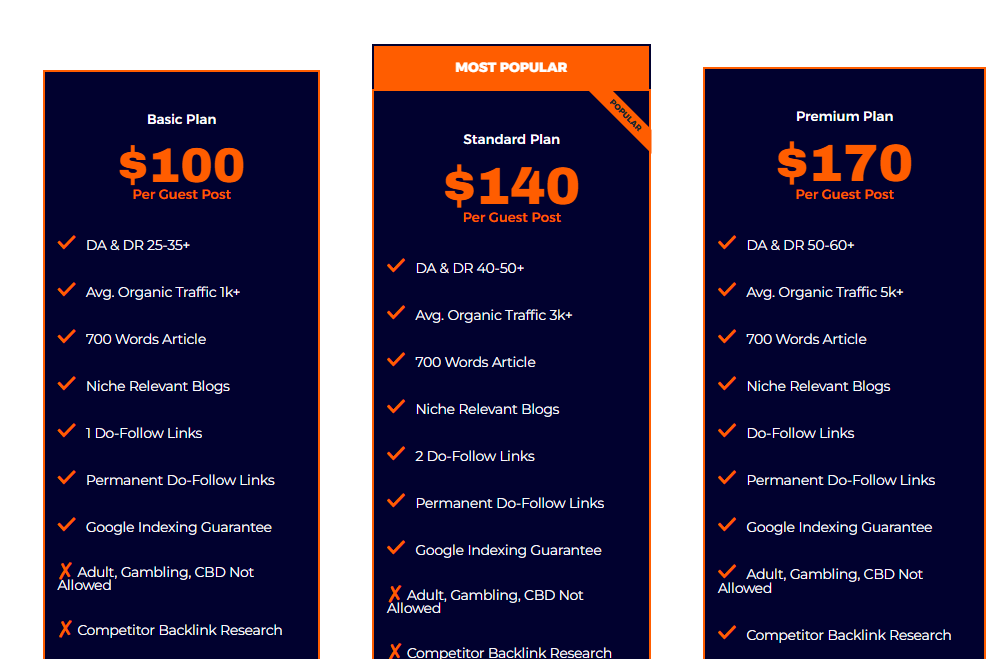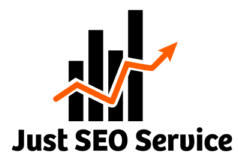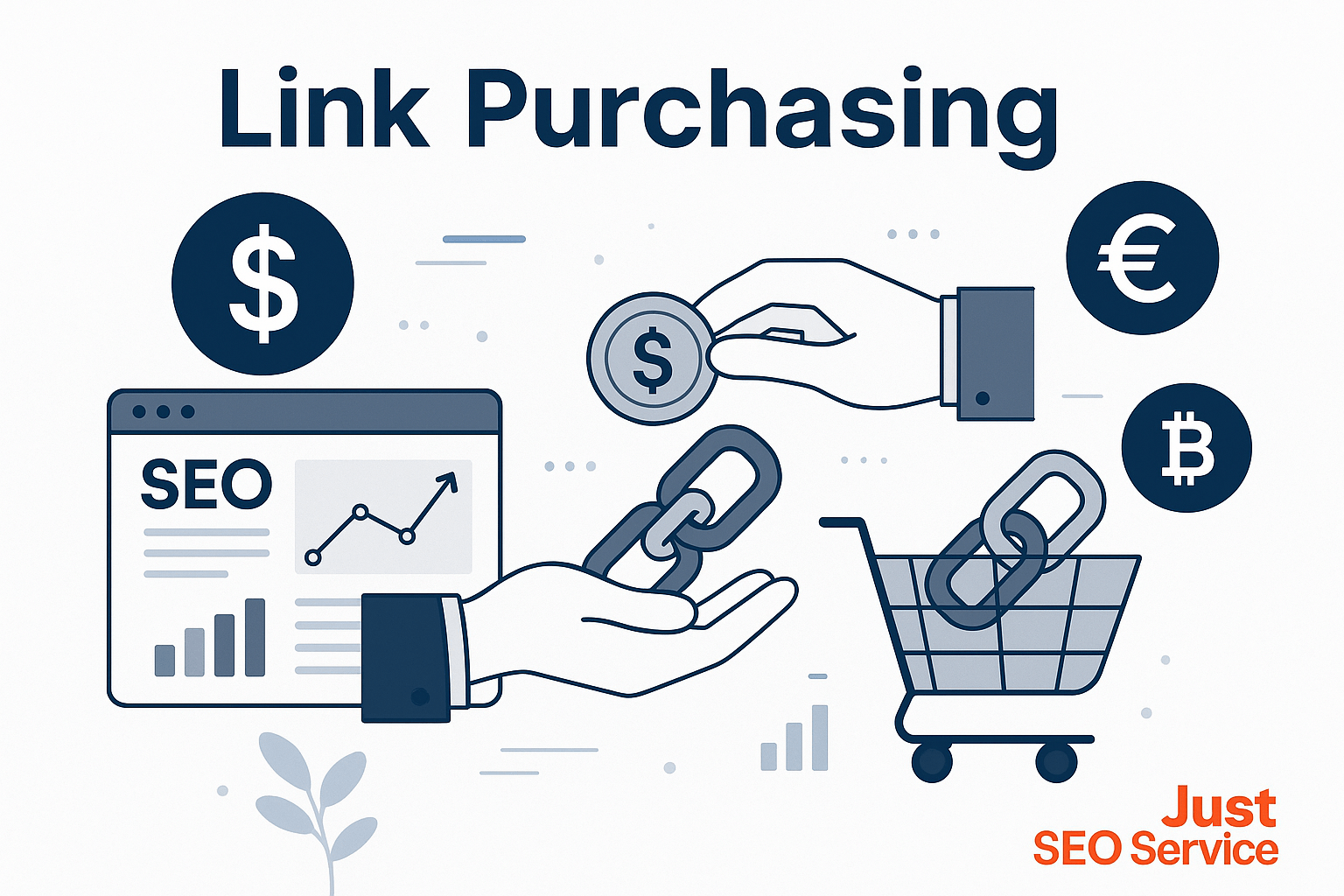Purchasing Links: A Complete 2025 Guide to Buying Backlinks
Purchasing links remains one of the most controversial topics in SEO. While Google officially discourages paid link building, the reality is that many websites continue to buy backlinks to improve their search rankings. Understanding the nuances of purchasing links can help you make informed decisions about your SEO strategy while minimizing risks.
The debate around buying links stems from Google’s emphasis on earning links naturally. However, the competitive nature of search results has made organic link building increasingly challenging. This comprehensive guide explores everything you need to know about purchasing links, from costs and methods to risks and alternatives.
Whether you’re a marketing manager looking to boost your website’s authority or an SEO professional evaluating link building strategies, this guide provides the insights you need to navigate the complex world of paid backlinks.
Understanding Link Purchasing in 2025
Purchasing links entails paying website owners or agencies to place backlinks pointing to your site. This practice has evolved significantly since the early days of SEO, becoming more sophisticated and harder to detect. Today’s link marketplace includes everything from high-authority publications to niche blogs willing to sell editorial placements.
The process typically involves contacting website owners directly or working through an agency that maintains relationships with publishers. You’ll negotiate placement terms, anchor text, and pricing before the link goes live. Some services offer packages with predetermined pricing based on domain authority scores, while others charge per hour for outreach work.
Modern link purchasing has moved away from obvious paid placements toward more natural-looking editorial mentions. The goal is creating backlinks that appear organic while providing the SEO benefits you’re seeking. This evolution reflects both Google’s improved ability to detect paid links and the SEO industry’s adaptation to these changes.
How Much Does Purchasing Links Cost?
Link prices in 2025 vary dramatically based on several factors. Understanding these cost structures helps you budget effectively and avoid overpaying for low-quality placements.
Pricing by Domain Authority
Most agencies and contractors charge based on domain authority (DA) scores:
- DA 25+ sites: Typically cost around $100 per link
- DA 40+ sites: Almost cost around $140 per link
- DA 60+ sites: Medium authority placements average $170 to $300 per link
- DA 80+ sites: High authority sites charge approximately $380 to $500 per link
- Extremely high authority sites: Premium placements can exceed $1000 per link

Check out the Guest post Packages
Alternative Pricing Models
Some contractors prefer hourly billing, typically charging $300 or more per hour for blogger outreach and relationship building. This model works well for long-term campaigns requiring ongoing relationship management.
Bulk discounts are common when purchasing multiple links simultaneously. Many agencies offer tiered pricing that reduces per-link costs as order volume increases. This approach can provide better value for comprehensive link building campaigns.
Factors Affecting Link Costs
Several elements influence pricing beyond domain authority:
Content quality requirements significantly impact costs. Sites demanding original, high-quality articles charge premium rates compared to those accepting basic content.
Niche relevance plays a crucial role in pricing. Links from industry-specific publications typically cost more than general interest sites due to higher relevance and conversion potential.
Link placement within articles affects pricing. Contextually relevant links embedded naturally in content cost more than sidebar or footer placements.
Geographic targeting can influence costs, with links from country-specific domains often carrying premium pricing for local SEO benefits.
Popular Ways to Purchase Links
The link purchasing landscape offers several approaches, each with distinct advantages and considerations.
Professional Marketing Agencies
Working with established agencies like Just SEO Service provides access to vetted publisher networks and streamlined processes. These services handle outreach, negotiation, and placement while providing detailed reporting and campaign management.
Agency collaboration typically involves back-and-forth communication to finalize anchor text, target URLs, and content requirements. Once approved, articles are published on reliable, long-term partner sites. This approach offers the most hands-off experience for busy marketing professionals.
The agency model provides battle-tested know-how and established relationships that individual outreach efforts struggle to match. Their expertise in navigating publisher requirements and Google guidelines helps minimize risks while maximizing results.
Online Marketplaces
Thousands of websites participate in link marketplaces, offering direct access to publishers without agency intermediaries. These platforms let you browse available sites, check domain metrics, and make purchases through streamlined interfaces.
High-authority publications including major media outlets sometimes offer sponsored content options through these marketplaces. However, one-size-fits-all solutions may not address specific business needs or niche requirements.
Direct Publisher Relationships
Building direct relationships with website owners offers maximum control over link acquisition. This approach involves identifying relevant sites, finding contact information, and negotiating placements directly.
Direct outreach requires significant time investment but can yield better pricing and more flexible arrangement terms. Long-term relationships with publishers often result in preferential pricing and placement opportunities.
Link Purchasing Methods and Strategies
Content Syndication and Guest Posting
Content syndication involves republishing blog posts across multiple channels and platforms. This strategy can generate backlinks while expanding content reach to new audiences.
Guest posting remains a popular tactic despite requiring more effort than direct link purchases. The main differences lie in the collaborative content creation process and typically free placement in exchange for high-quality articles.
This approach offers better visibility and relationship building opportunities compared to purely transactional link purchases. However, guest posting requires significant time investment in pitching, content creation, and managing editorial feedback.
Influencer and Publication Partnerships
Sponsored content partnerships with influencers and publications offer another avenue for link acquisition. These collaborations should be properly attributed with rel=sponsored tags to comply with Google guidelines.
While potentially more expensive than other methods, influencer partnerships provide quicker and easier access to established audiences. Press releases targeting specific audiences can announce product launches, partnerships, expansions, or funding rounds while generating valuable backlinks.
Niche Edits and Resource Page Inclusion
Niche edits involve adding links to existing articles on relevant websites. This resource-effective strategy provides more control over link placement and anchor text compared to new content creation.
Resource page inclusion targets existing curated lists and directories within your industry. These opportunities often provide strong relevance signals and can be more cost-effective than full article placements.
Risks and Considerations When Purchasing Links
Google Penalty Risks
The primary risk of purchasing links involves potential Google penalties that can devastate search rankings. Websites caught buying low-quality or spammy backlinks may face manual actions or algorithmic devaluations.
However, penalties are relatively unlikely when following best practices and working with reputable partners. Google’s focus remains on obviously manipulative link schemes rather than high-quality editorial placements.
Quality Control Challenges
Maintaining link quality requires careful due diligence when selecting publishers and placements. Poor authority sites, private blog networks (PBNs), and automated systems should be avoided to prevent negative SEO impact.
Working with experienced contractors and reputable agencies helps ensure quality standards while reducing the burden of individual site evaluation. These partners typically maintain strict publisher guidelines and ongoing quality monitoring.
Payment and Transaction Security
Link purchasing involves various payment methods from traditional credit card and bank transfer options to digital currencies like Bitcoin. Some providers highlight cryptocurrency transactions for added anonymity, though this approach carries additional risks.
Established agencies typically offer secure payment processing and transaction protection, while direct publisher relationships may require more careful financial planning and risk assessment.
Alternatives to Purchasing Links
Creating Link-Worthy Content
Rather than buying backlinks, consider investing in naturally link-worthy content promotion. Social media campaigns, original research studies, surveys, interactive tools, calculators, and comprehensive guides often attract organic links from interested publishers.
This approach takes longer to show results but provides more sustainable long-term benefits. Quality content continues generating links over time without ongoing payment requirements.
Building Industry Relationships
Developing authentic relationships within your industry can lead to natural link opportunities through collaboration, expert commentary, and resource sharing. This networking approach requires patience but often yields higher-quality, more relevant backlinks.
Competitive Analysis and Opportunity Research
Analyzing competitor link profiles can reveal untapped opportunities for your own link building efforts. Understanding where competitors acquire links helps identify potential targets for both paid and organic outreach campaigns.
Making Smart Link Purchasing Decisions
When done strategically with reputable partners, purchasing links can provide competitive advantages in challenging niches where organic link building proves insufficient. The key lies in working with trustworthy agencies, maintaining realistic expectations, and prioritizing quality over quantity.
Successful link purchasing requires balancing costs, quality, and risk management while aligning with broader SEO and marketing objectives. Consider starting with small-scale tests to evaluate provider quality and results before committing to larger campaigns.
For businesses serious about improving search rankings through strategic link acquisition, partnering with experienced professionals offers the best path forward. Companies like Just SEO Service have spent over a decade building reputable networks and serving thousands of users globally with lifetime guarantees on their services.
Contact with Just SEO Service today to explore how strategic link purchasing can support your SEO goals while minimizing risks and maximizing return on investment.

